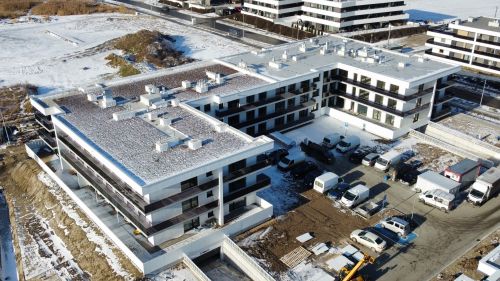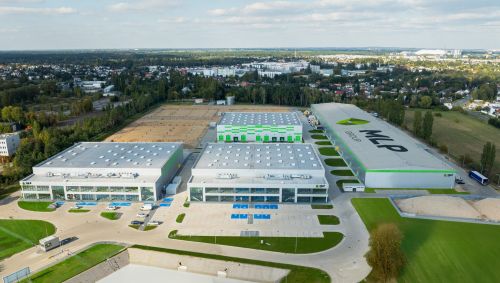The situation in the world’s financial markets hasn’t changed much since the end of the first quarter. The war in Ukraine is still casting a shadow on prices and the access to raw materials – including agricultural produce – while rapidly rising prices are encouraging central banks to raise interest rates. Capital is withdrawing from emerging markets, while the coronavirus, although no longer centre stage, is still disrupting supply chains in China. More and more analysts are voicing the opinion that the pandemic, the war and Russia’s isolation are slowing down further globalisation (maybe permanently) and economic blocs are now emerging that are much more weakly linked. Of course, the war is also going to slow down the economy in the traditional sense. According to the IMF, global GDP will rise by 3.6 pct compared to 6.1 pct last year. In January this year, it was predicting growth of 4.4 pct. The same thing can be seen in Poland. In January, the GDP for
























































